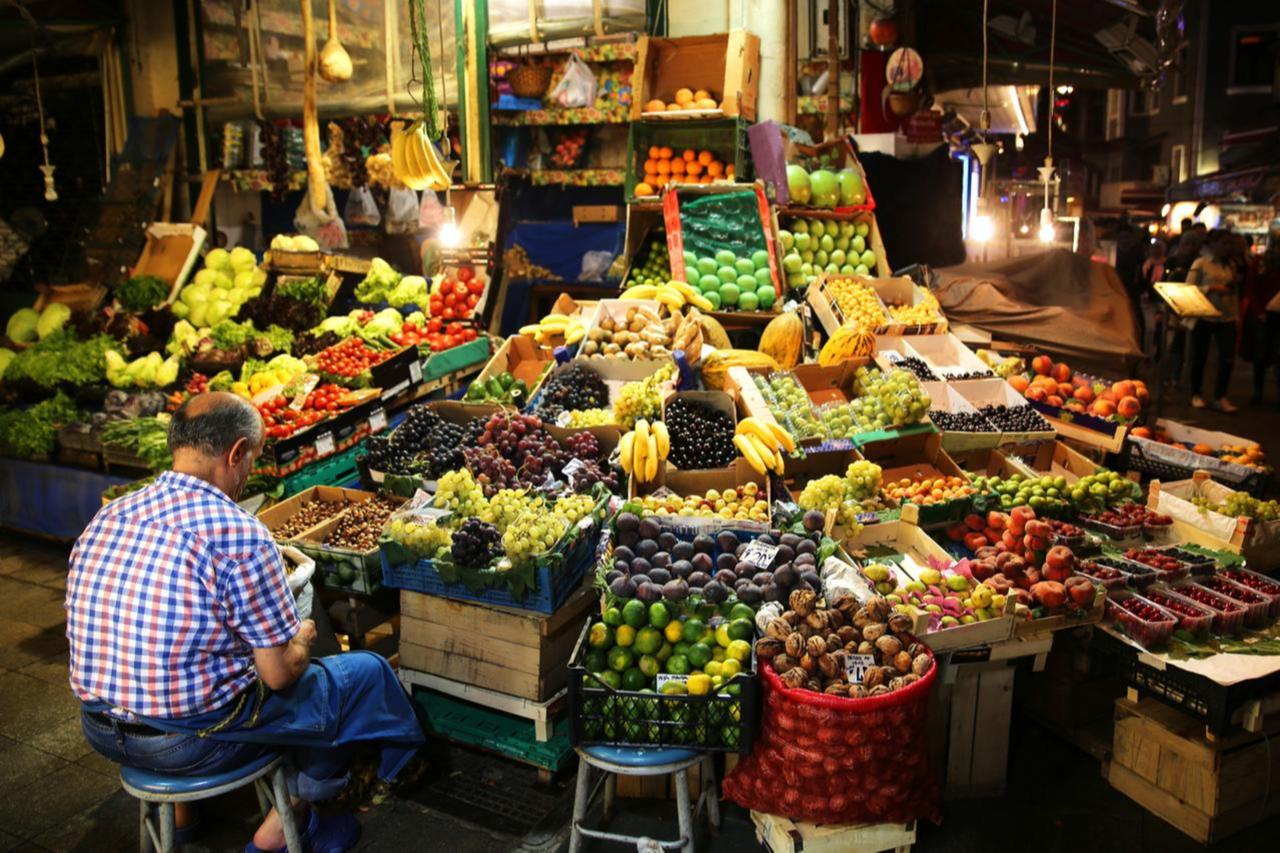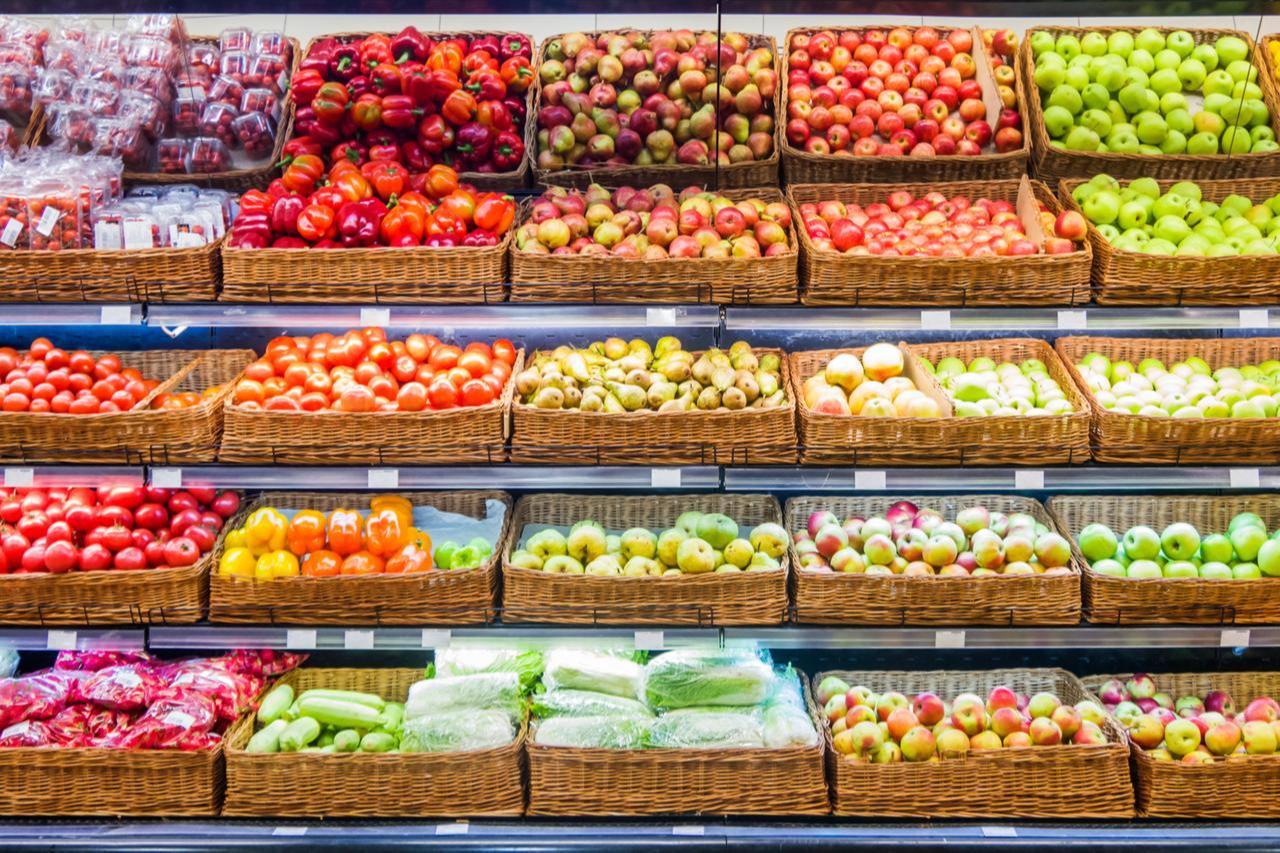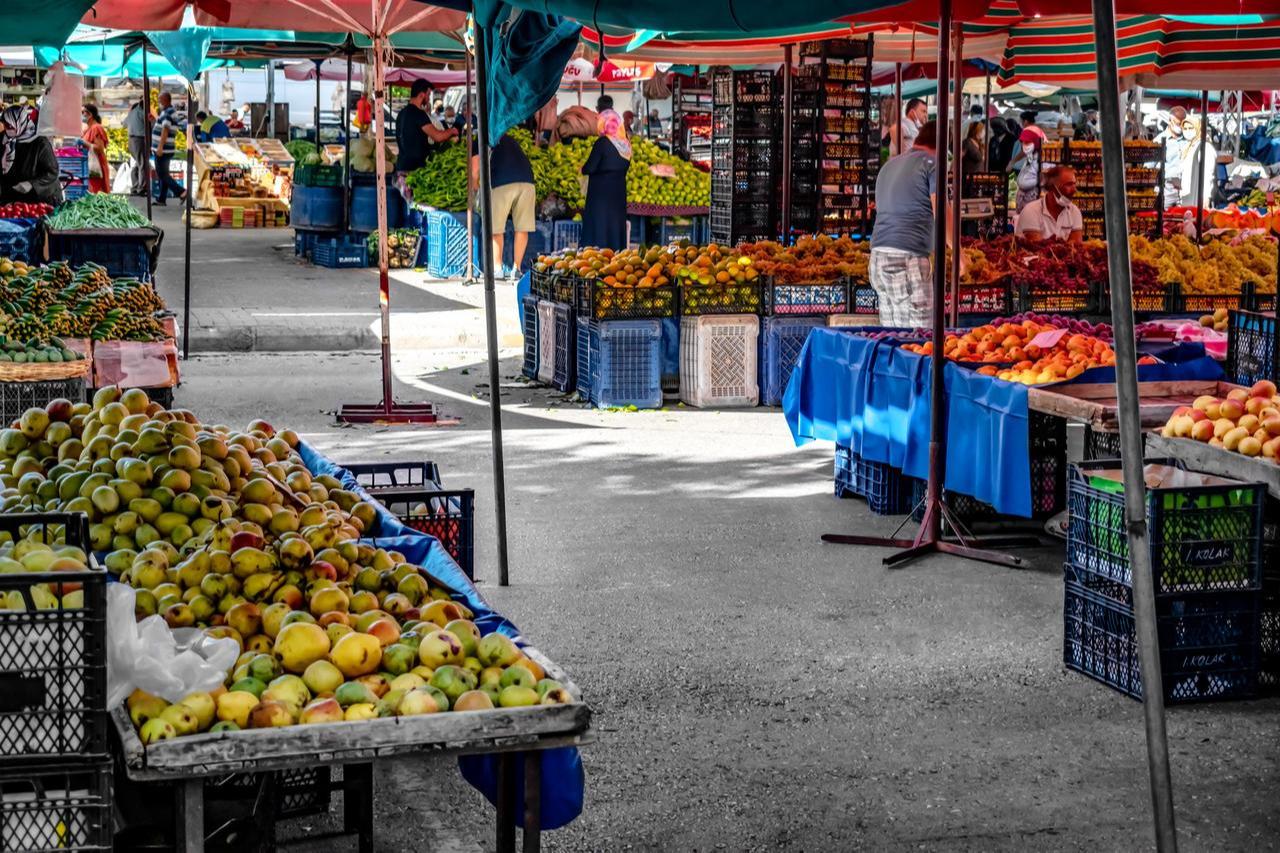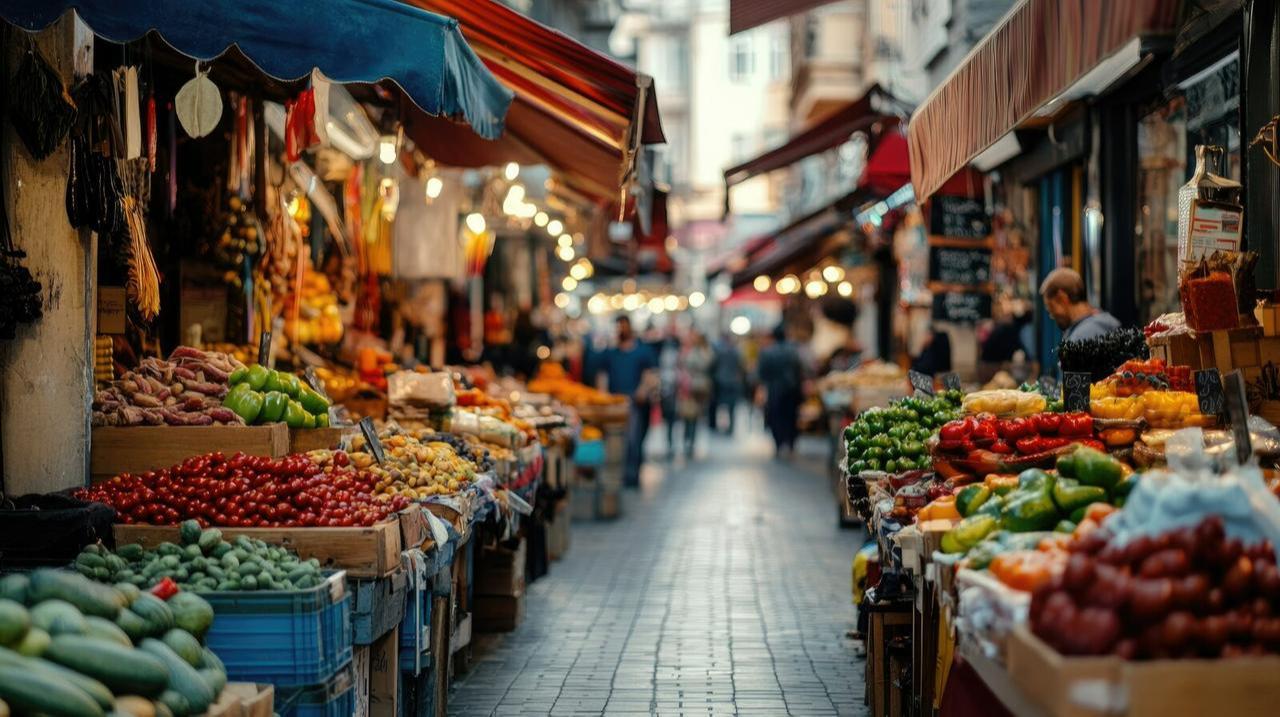
The recent years in Türkiye have witnessed some crisis periods in fruit and vegetable markets. In pandemic times, the broken logistical chain caused citizens significant hardship, prompting the state to sell vegetables and increase control, although the supply improved significantly post-pandemic.
After nearly a decade of anticipation, Türkiye is preparing to overhaul its wholesale market law. Originally enacted in 2012, the law was designed to regulate fruit and vegetable trade but has since struggled to keep up with market realities. Lawmakers are now set to consider a revised draft in the next parliamentary term, with the government presenting it as a remedy for inflated prices and opaque supply chains.
The proposed changes come amid growing frustration among producers and consumers. Farmers complain of being squeezed by intermediaries who manipulate prices, while households face soaring costs at the market. The government hopes the new framework will create a more transparent system that reassures both sides.
Producers have long argued that they are vulnerable to predatory practices. Unscrupulous buyers often strike deals at low prices and then withdraw without honoring commitments, leaving farmers exposed to losses. These practices have also undermined trustworthy traders, eroding confidence in the system as a whole.
To address this, the law will require all fresh produce transactions to be registered and traceable, backed by bank documentation. Supporters argue that mandatory registration will reduce fraud, create accountability, and ensure that farmers are paid for their products on time. Critics, however, warn that implementation will be key to preventing loopholes.

One of the most consequential provisions requires supermarkets to purchase at least 20% of their produce directly from farmers. The Ministry of Agriculture will monitor compliance, setting quotas through regulation. While a similar rule existed in the 2012 law, its impact was limited by the lack of standardization and branding among producers.
This time, officials believe cooperatives and producer associations could help fill the gap. By improving quality standards and branding at the farm level, retailers may be more willing to engage directly with growers. The policy aims to strengthen trust between producers and large-scale buyers, bypassing the need for multiple layers of intermediaries.
For years, intermediaries have been blamed for the steep gap between farm prices and retail prices. These actors often operate informally, presenting themselves as wholesalers while bypassing official markets. The revised law intends to curb their influence by limiting their ability to insert themselves into the supply chain.
The expectation is that a streamlined structure—farmer to wholesaler to retailer—will stabilize costs. Yet, retailers point out that intermediaries often step in to guarantee a steady supply and uniform quality, something farmers cannot always deliver. While the new law envisions a cleaner chain, the complete elimination of middlemen remains unlikely.

The central question for most households is whether the reform will make fruits and vegetables more affordable. Experts caution against expecting significant short-term reductions. Agricultural prices are heavily dependent on production levels and weather conditions, which no law can control.
Instead, the focus is on slowing the pace of price hikes and improving transparency. A more regulated system could reduce sudden spikes, giving consumers confidence that they are paying fair rates. In the longer term, better planning and standardized production could contribute to more stable price levels.
The draft law goes beyond restructuring trade flows. It also provides new support for producers, including assistance with cold storage, transport, and warehouse costs. Such measures could allow farmers to hold products longer and sell at better prices instead of being forced into distress sales.
At the same time, authorities plan tougher penalties for retailers found guilty of excessive markups. Coordination with the Treasury and Finance Ministry on road checkpoints and monitoring systems will tighten enforcement. The hope is that stricter oversight will reduce unregistered trade and deter opportunistic behavior.

The wholesale market law should be seen as a structural reform rather than a quick cure for food inflation. While consumers may not see immediate price cuts, the measures are designed to create a more predictable and transparent system. Both farmers and shoppers could benefit from greater stability, even if affordability remains a challenge.
Ultimately, the success of the law will depend on enforcement and coordination between producers, retailers, and the state. If implemented effectively, it could reshape Türkiye’s agricultural trade, curbing abuses while offering households some relief from persistent market volatility.